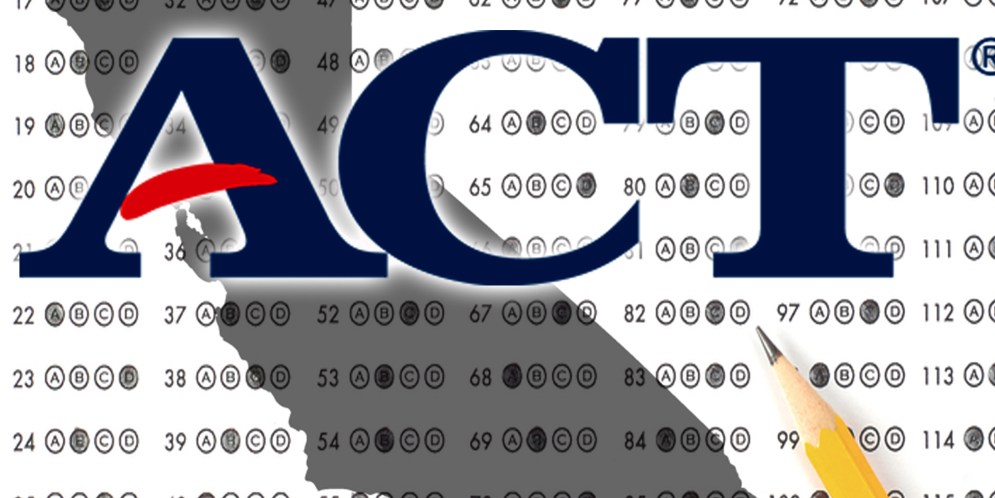 by Colleen McGeehan – Galin Education Director of Instruction
by Colleen McGeehan – Galin Education Director of Instruction
December is a busy time for test prep. Many students who are working with us in preparation for the ACT took their first official ACT a few weeks ago, and those scores were released this week! So, how do we interpret those scores?
The composite score, which is the main score out of 36, is typically the most important number to consider. This composite score is calculated by averaging the four section scores (English, Math, Reading, and Science). If this average comes out to be a decimal, the score is rounded either up or down. A 29.25, for example, would be rounded down to a 29, while a 29.5 would be rounded up to a 30. If you calculate your student’s composite by averaging the four scores and you notice that their score has been rounded down, it’s good to know they are very close to bumping up a composite point on their next test!
Here are some percentiles to put that score in context:
- A composite score of 20 will put a student at the 50th percentile nationally (meaning they scored better than half of all students taking the ACT).
- A composite score of 24 will put a student at roughly the 75th percentile.
- Composite scores of 33, 34, and 35 will all place students at the 99th percentile.
- Another useful benchmark for many of our students is to know that the middle 50% of students who are accepted to UW-Madison score between a 27 and 31 on the ACT.
If your student took the optional writing portion of the ACT, they will also have a separate score out of 12 that is not averaged in with their composite score out of 36. To get to this writing score, students are evaluated out of a total of 6 possible points in 4 categories (Ideas & Analysis, Development & Support, Organization, Language Use). Each essay is graded by two graders. The scores are averaged from each grader and then added together to come up with a final score ranging from 2 to 12.
One thing to know about this ACT writing score is that scores in the middle range are common while scores on either end of the spectrum are not. 65% of students receive a score of 6, 7, or 8 on the scale of 2 to 12. Furthermore, less than 5% of all test takers get a 1, 2, 11 or 12! It is expected that students admitted to highly selective colleges will have a score in the 8-11 range; however, it is important to keep in mind that only about 15 % of colleges will even consider the writing score when they are reviewing applications—that’s why the section remains optional.
There is a lot to digest when analyzing these scores and trying to make a decision about what this score will mean in terms of future test prep or college applications. But here is one important final thought: while the ACT (or SAT) is important in college decisions, it is most definitely not a measure of a student’s academic worth.




